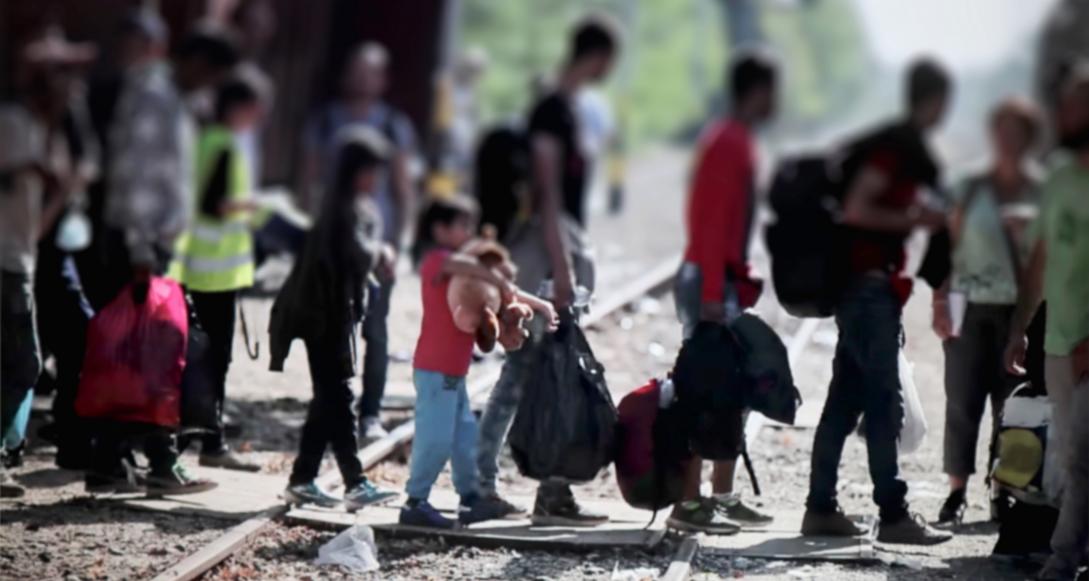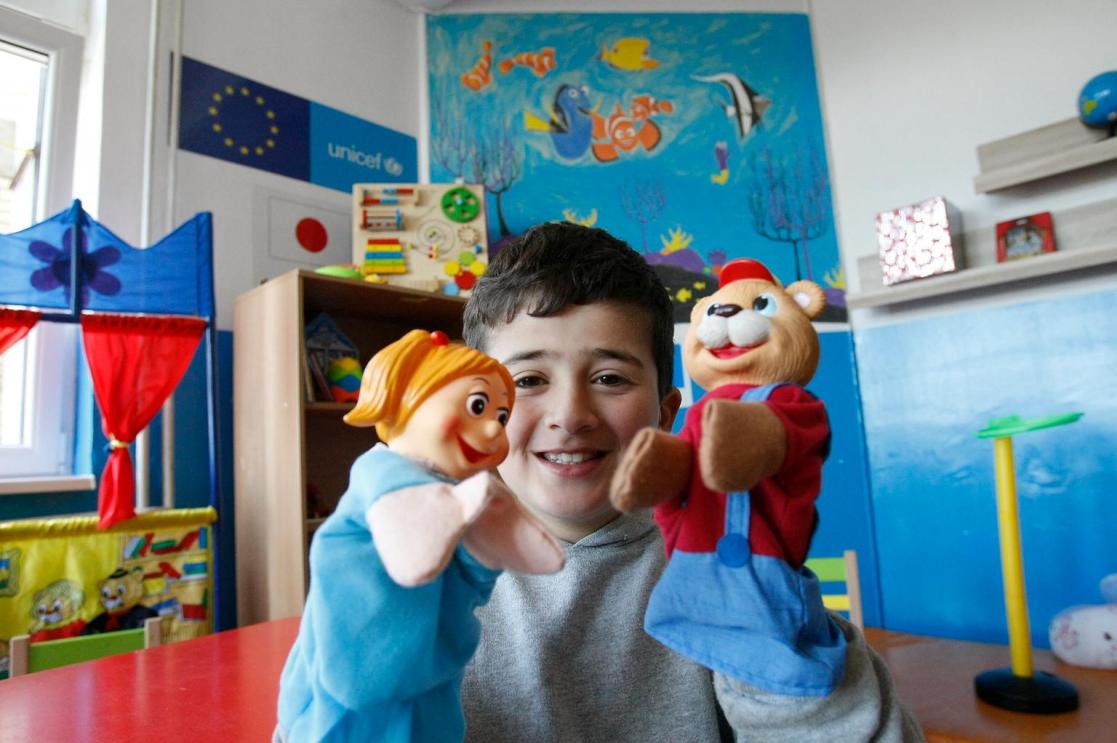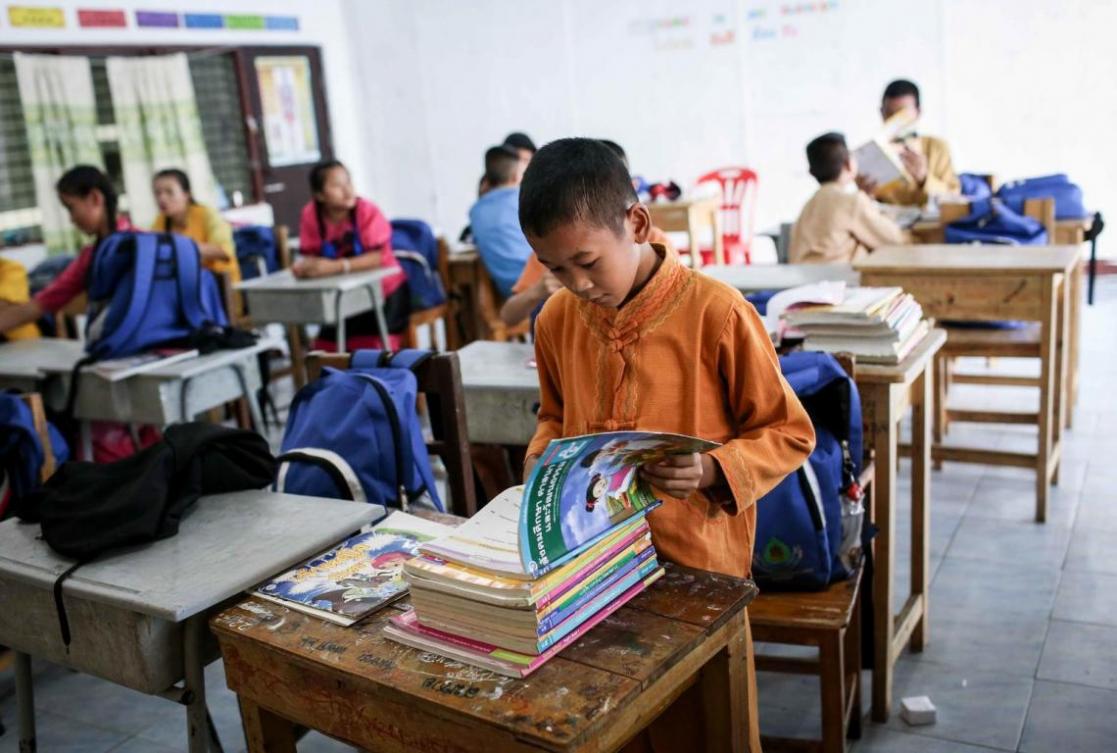EU stands strong to ensure safe, orderly, well-managed migration

The European continent has been shaped, and continues to be shaped, by migration. Some people move in search of safety, new opportunities or a chance to reinvent themselves. Others are forced to escape conflict, persecution or environmental destruction. All migrants are entitled to the equal protection of their dignity and human rights.
The 2030 Agenda for Sustainable Development promises to leave no one behind - this must include every migrant. Protecting their rights and dignity means responding to humanitarian needs and advancing sustainable development. Fundamentally, this is about defending our common humanity through solidarity in action.
The European Union pursues a comprehensive and sustainable approach to migration. In its statement to mark International Migrants Day, the EU says “We protect and stand up for those in need. We offer safe, managed and legal pathways. We provide support for successful integration. And, we fight the criminals, human traffickers and smugglers who take advantage of people's despair.”
https://twitter.com/eu_eeas/status/1207276382050500610
EU-UNICEF: working closely to protect child migrants
Inside and outside Europe the EU and UNICEF work closely to secure a better future for child migrants. The education and protection response for children in Greece for example, seeks to increase the safety and well-being of migrant children through the delivery of educational and child protection services including shelter and accommodation.

©UNICEF/Emil Vas - The EU and UNICEF work closely on protecting migrant children
Children left behind by migrating parents may also find themselves in circumstances of inadequate care and protection. Children outside their country of origin are frequently excluded from national child protection systems, as these systems are struggling to be relevant to the growing scale of migration on the continent.

©UNICEF/Preechapanich - A migrant child looking at books during the class break at the Learning Center at Pa Pao Temple, Thailand
Two out of five international child migrants were born in Asia – more than any other region in the world. An EU-funded cross-regional, multi-country programme, coordinated by UNICEF EAPRO ensures that children affected by migration are protected and their rights promoted. The programme aims to reach 25,000 children affected by migration in:
- Southeast Asia: Malaysia, Myanmar, Thailand
- South Asia: Bangladesh
- Central Asia: Kazakhstan, Kyrgyzstan, Tajikistan, Uzbekistan
It seeks to ensure that:
- Child protection systems include children affected by migration, including children left behind
- Alternatives to detention are established/strengthened
- Long-term care/status decisions are evidence-based and focus on the best interests of the child




